With UK owners now indulging their cats more than ever, and value sales in this segment forecast to reach $460 mio this year, it is not hard to see why.In spite of a difficult economic environment, value sales of cat food continue to grow in the UK. Premium products have been at the forefront of this, with value sales of premium cat food expanding by 13.7 per cent in real terms between 2008 and 2013, according to Euromonitor International data. Over the same period, real value sales of mid-priced products expanded by 8.8 per cent while sales of economy products actually shrank by 1.8 per cent. However, over the past couple of years, economic gravity has begun to weigh on growth in premium cat food, with the annual rate of growth slipping to just 1 per cent last year.New trendsIn recent months, hardly a week seems to have gone by without a new premium cat food being launched. Single-serve pouches, which are popular with busy consumers, have achieved particular prominence. In June 2013, Macclesfield-based MPM Products launched a range of wet, single-serve products formulated specifically for older cats under its Applaws brand.Other popular trends include brands segmented by age and health conditions, particularly obesity. Natures Menu, which is based in Watton, Norfolk, launched what it is calling a "balanced" raw cat food in May 2013. During the same month, Arden Grange launched a range of grain-free dry cat foods, including a "Light" recipe that is lower in calories, a concentrated recipe for kittens and a "Sensitive" variant for cats with skin or stomach problems. A month earlier, Hill's launched Science Plan Senior 11+ Healthy Ageing for cats.Even private label products are getting in on the act. In May 2013, Sainsbury's unveiled The Delicious Collection, a private label dog and cat food that is served in a microwavable container. This enables pets to "finally enjoy a hot meal at the end the day, just like the rest of your family," according to the retailer.While the cat treats category in the UK remains much smaller than dog treats, it is growing rapidly. It increased by 58.5 per cent in real terms to $78 mio between 2008 and 2013. Premiumisation is also evident in this category. For example, in June 2013, Bournemouth-based Barker and Barker launched a range of 100 per cent natural treats made from human-grade ingredients.The big boys are the winnersIn contrast to the US, where small manufacturers have become much more prominent in the premium pet food…

Scrambling for a piece of the pie
From the smallest boutique start-ups to the largest supermarket chains, it seems that almost everyone wants a piece of the UK premium cat food segment these days.

 Menü
Menü

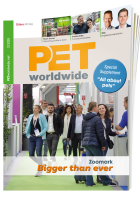




 5/2013
5/2013
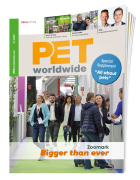
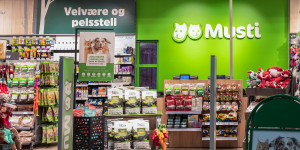

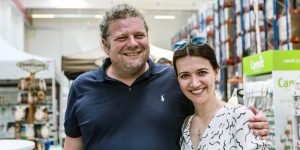
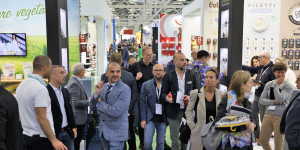

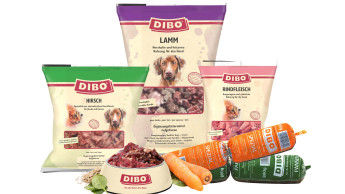
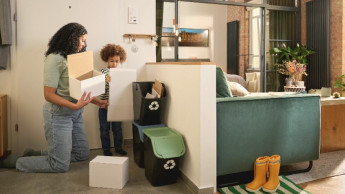
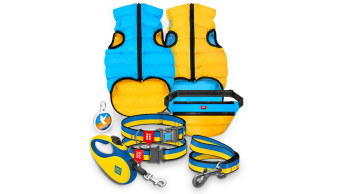
 Newsletter
Newsletter